We went to the avenue Champs-Élysées, near the Arc de Triomphe, to see the objects to be sold at auction by Anna Deslions, the tart who for so long lived across the court from us and who, from the fourth story of our house launched herself into this wealth, this luxury, this reverberating, scandalous existence…
 Photography print available at Found View Gallery.
Photography print available at Found View Gallery.
We went to the avenue Champs-Élysées, near the Arc de Triomphe, to see the objects to be sold at auction by Anna Deslions, the tart who for so long lived across the court from us and who, from the fourth story of our house launched herself into this wealth, this luxury, this reverberating, scandalous existence. After all, these women do not offend me: they constitute a break with the monotony of life, its formalism, its social rigour. They lend a little madness to the world, slap the banknote in the face, represent caprice released, free, naked and victorious in a world of solicitors with their cautious and economical pleasures.
Everything in Deslion’s house is of a gross and impure luxury and of a low species of impurity. Her drawing room in white and gold; her bedroom is in pink satin with gilt in every direction; and there is a dressing room with basins and water pitchers in yellow Bohemian crystal glass, all of it enormous, gigantic, wanting the biceps of Hercules to pick it up.
Edmond and Jules de Goncourt
Notes:
• From The Goncourt Journals 1851-1870
• Edmond and Jules de Goncourt, brothers, were French writers.
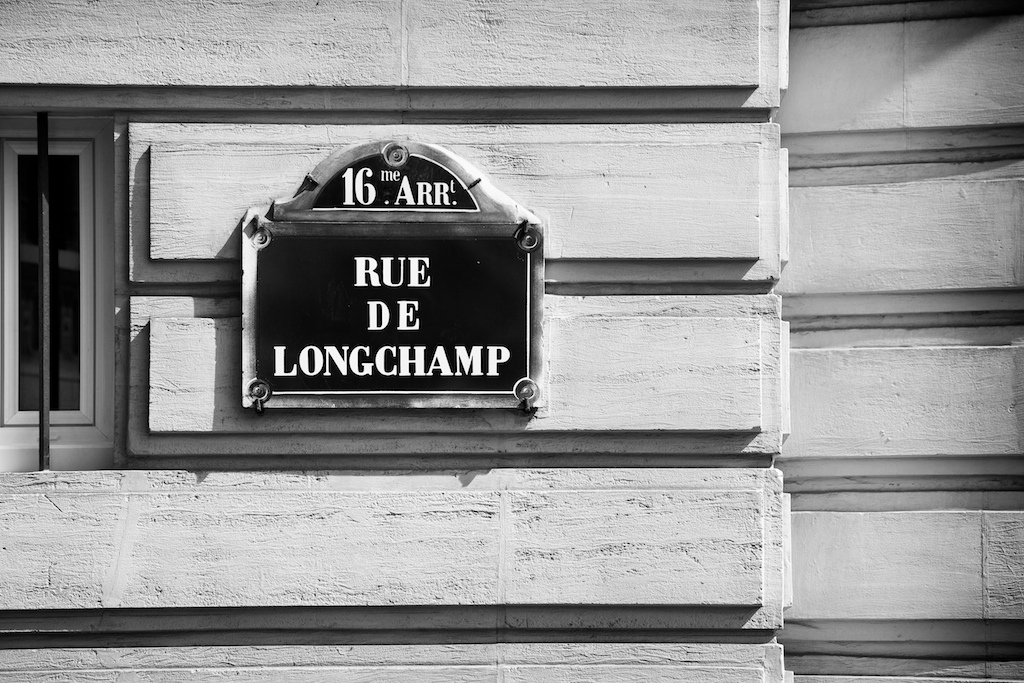 Photography print available at Found View Gallery.
Photography print available at Found View Gallery. Photography print available at Found View Gallery.
Photography print available at Found View Gallery.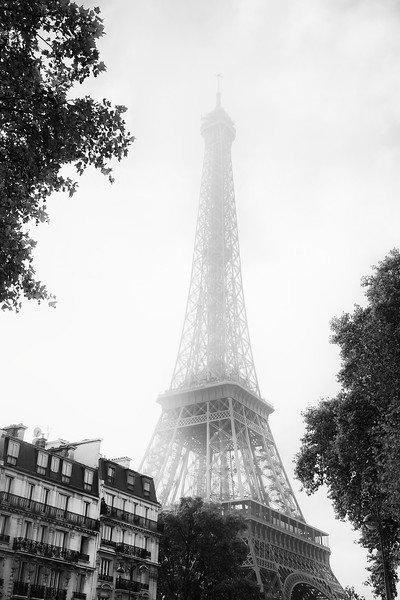 Photography print available at Found View Gallery.
Photography print available at Found View Gallery.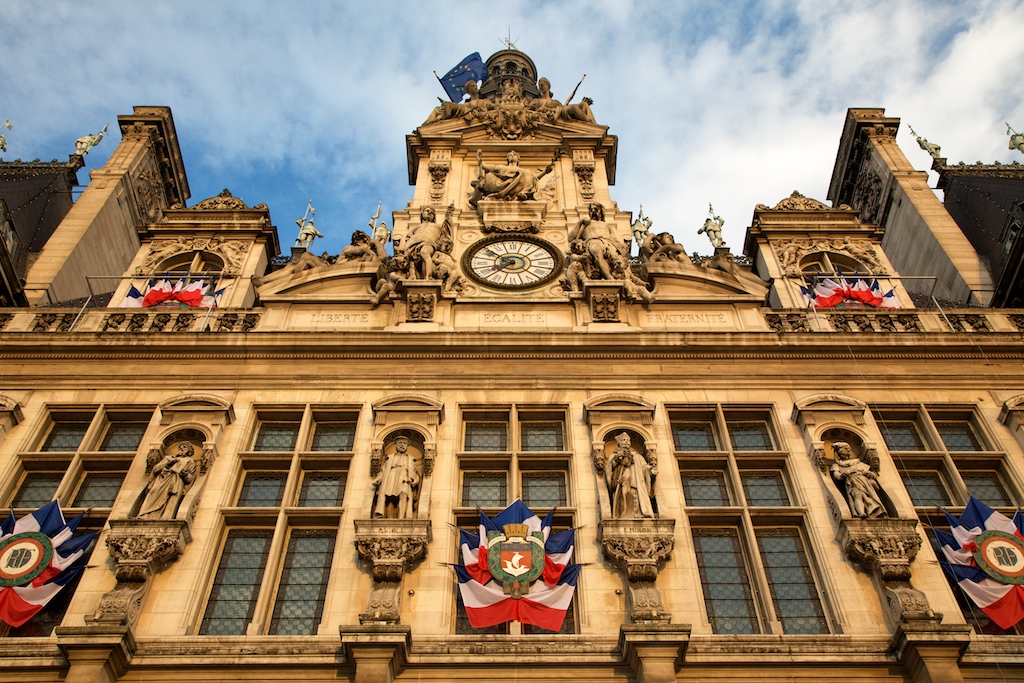 Photography print available at Found View Gallery.
Photography print available at Found View Gallery.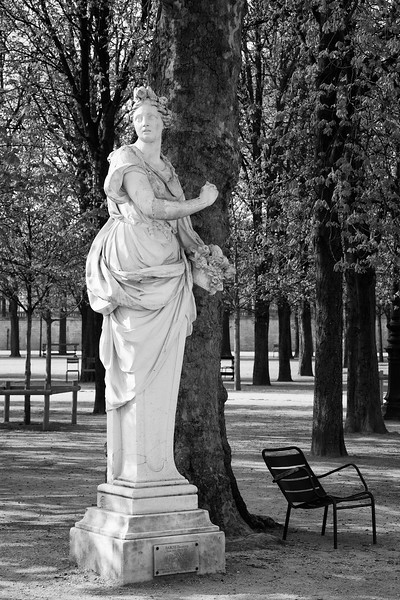 Photography print available at Found View Gallery.
Photography print available at Found View Gallery.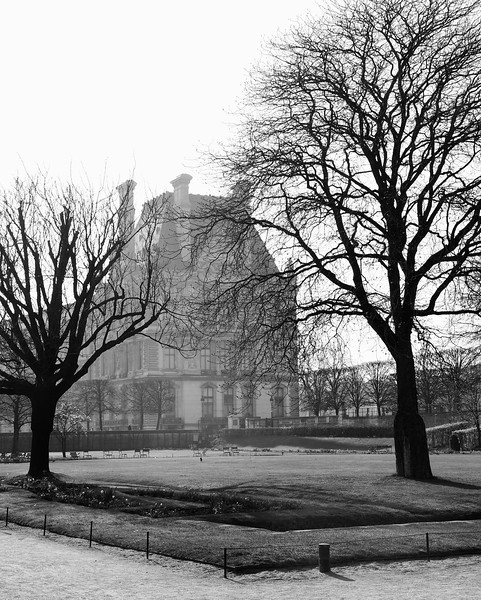 Photography print available at Found View Gallery.
Photography print available at Found View Gallery.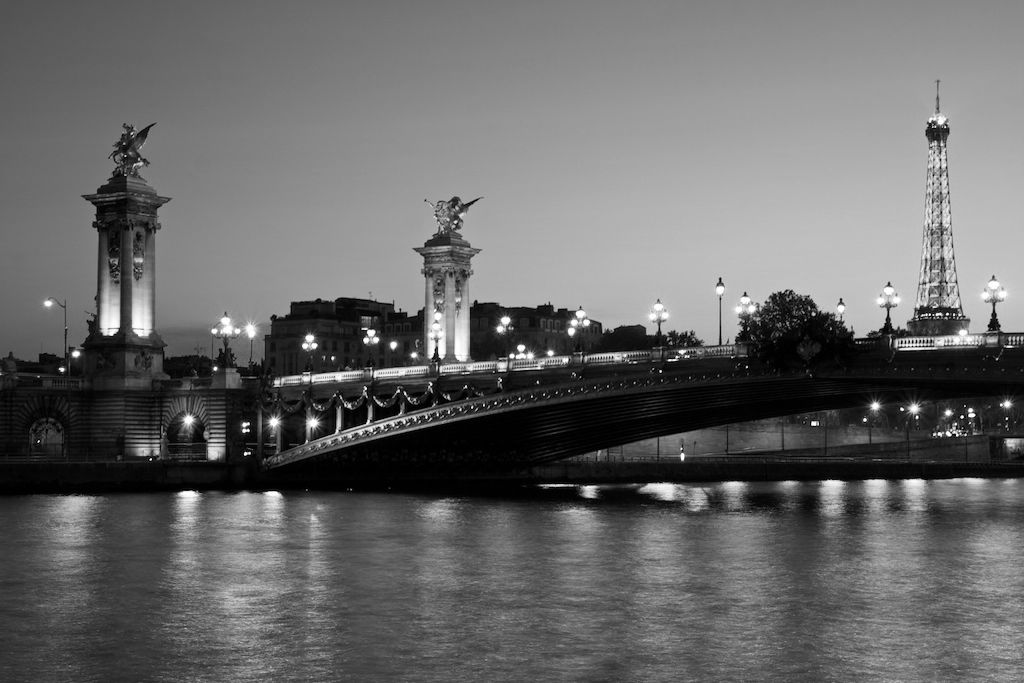 Photography print available at Found View Gallery.
Photography print available at Found View Gallery. Photography print available at Found View Gallery.
Photography print available at Found View Gallery. Photography print available at Found View Gallery.
Photography print available at Found View Gallery.